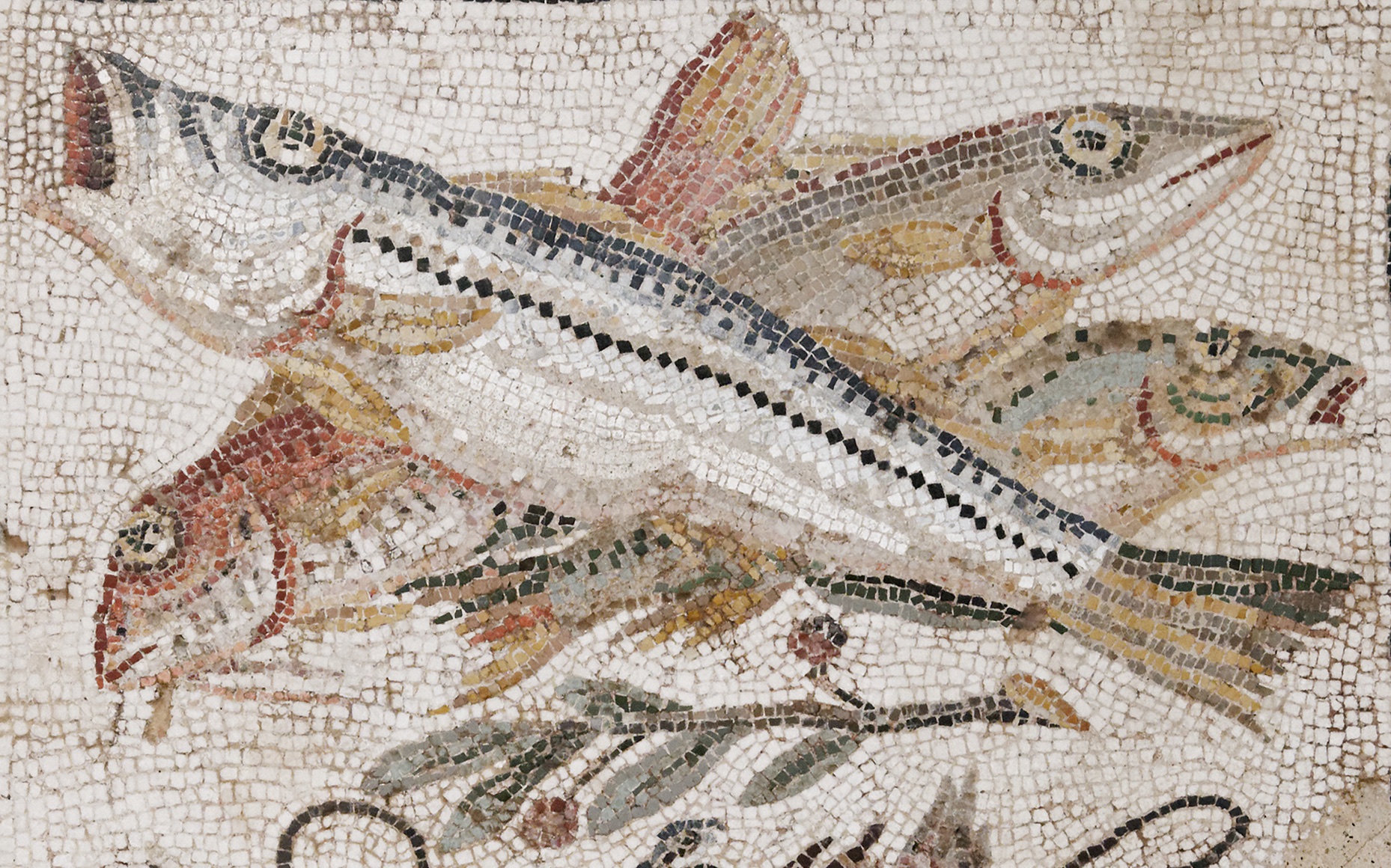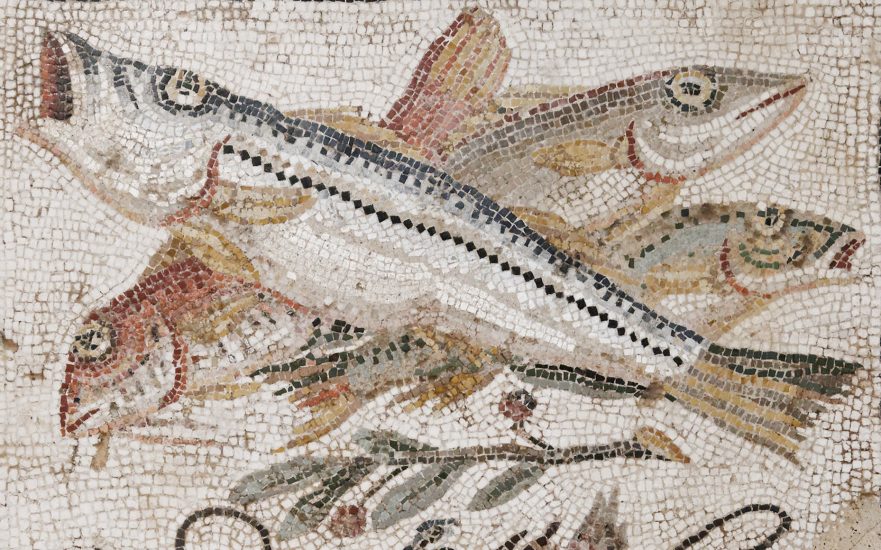Revised: 16-Jun-2013
Among the more creative scriptural interpretations related to the fulfillment of prophecy in our day is one centering on Jeremiah 16:16. According to it, the “hunters” in this verse are the brutal pursuers of the Jewish people, such as the Nazis who systematically murdered millions of Jews. The “fishers,” on the other hand, are the quiet and gentle persons who assist the Jewish people, for instance, the Christians who presently are engaged in rescuing Jews from the republics of the former Soviet Union. The proclamation of these Christians carries a tone of urgency: “Flee the Diaspora and save yourselves by returning to the land of your fathers!”
Based on this interpretation of Jeremiah 16:16, some contemporary Christians see it as their duty to seek out Jews in the Diaspora and inform them of coming persecution. According to this prophetic paradigm, the Jewish exiles must choose one of two options: 1) to heed the warning, or 2) to remain outside of Israel and suffer the consequences.
Not only is this interpretation an example of shallow exegesis, acceptance of it may lead to calamity. If we internalize fanciful scenarios about the Jewish people—who serve as the object of our prophetic fascination—and expect them to respond in a particular way to our kind efforts, our unrealized expectations could surface decades later in the form of, what might seem, theologically justified ill-will toward this “stiff-necked” people.[7]
Premium Members and Friends of JP must be signed in to view this content.
If you are not a Premium Member or Friend, please consider registering. Prices start at $5/month if paid annually, with other options for monthly and quarterly and more: Sign Up For Premium

First-century C.E. mosaic depicting fish, which are to be served up for a tasty meal. Image courtesy of Wikimedia Commons.
- [1] In ancient times, both hunters and fishers used a net to capture their prey. This explains Jesus' wordplay in Luke 5:10: "Don’t [you, Simon] be afraid; from now on you [who are presently using a net to catch fish] will be throwing your net over people." ↩
- [2] Pieter Lechner pointed out to me that Scofield himself clearly attached verse 16 to verses 14-15, for in his comment on Jeremiah 16:1 (Scofield Reference Bible, 1909), he wrote: "The whole social life of Judah was about to be disrupted and cease from the land. But note the promises of verses 14-16; Jer. 17.7, 8." ↩
- [3] On the Essenes and their theology, see David Flusser, "Jesus and the Essenes (Part 1)," Jerusalem Perspective 26 (May-Jun. 1990): 3-5, 13; Flusser, "Jesus and the Essenes (Part 2)," Jerusalem Perspective 27 (Jul.-Aug. 1990): 6-8; Flusser, "Ostracon from Qumran Throws Light on First Church," Jerusalem Perspective 53 (Oct.-Dec. 1997): 12-15; David Bivin and Joseph Frankovic, "Us and Them: Loving Both," Jerusalem Perspective 56 (Jul.-Sept. 1999): 28-31; David Pileggi, "Who Were the Essenes?" Jerusalem Perspective 27 (Jul.-Aug. 1990): 9-10, 15; Pileggi, "The Library at Qumran," Jerusalem Perspective 28 (Sept.-Oct. 1990): 7-9; Stephen Schmidt, review of David Flusser's The Spiritual History of the Dead Sea Sect, Jerusalem Perspective 27 (Jul.-Aug. 1990): 12. ↩
- [4] A reference to Zech. 9:9; Mal. 3:1; Dan. 7:13; Ps. 24:7; et al. ↩
- [5] For the difference between Jesus and John's perception of the messianic task, see Joseph Frankovic, "The Nature of Jesus’ Task," Jerusalem Perspective 52 (Jul.-Sept. 1997): 12. ↩
- [6] Isa. 35:5; 42:7; 29:18-19; 61:1. ↩
- [7] For other potentially negative results of this Christian fascination with the Jewish people, the reborn nation of Israel and the land of Israel, see Joseph Frankovic, “Esteeming the Jewish People,” Jerusalem Perspective 51 (Apr.-Jun. 1996): 36-37. ↩



